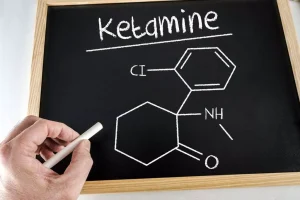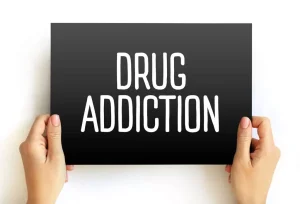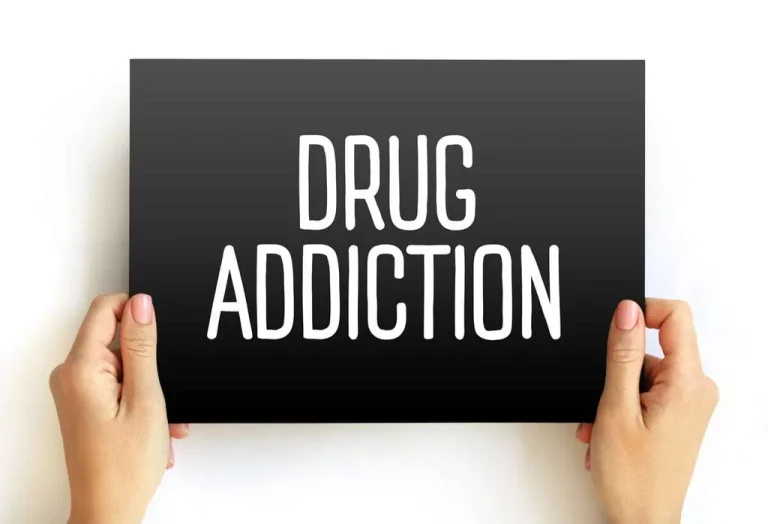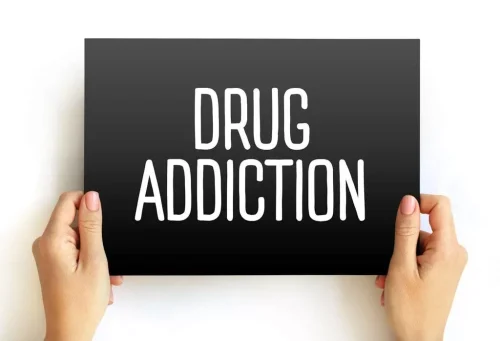
Sweating, tremors, and a powerful sense of physical discomfort can accompany the intense morning gagging. This occurs because alcoholism the body is signaling a severe metabolic disruption due to alcohol dependency. During acute and protracted withdrawal, a profound negative emotional state evolves, termed hyperkatifeia (hyper-kuh-TEE-fee-uh). These brain changes related to excessive alcohol use underlie many AUD symptoms. The earlier the signs of an alcohol relapse are recognized in yourself or someone you love, the sooner you can take action. The sooner you take action, the greater the likelihood of maintaining long-term recovery.
- In addition, they cost money and will be ineffective unless taken as prescribed.
- If a trigger is unavoidable, consider what you can do differently next time you face it.
- These stages can help prevent relapse and support people to live healthier, fuller lives.
- The tradition of cracking open a cold one for the Sunday game, the ads that tie alcohol and sports to the better life, two escapes that taste great together.
- While no path in recovery is a straight line, a person in recovery actively attempts abstinence, harm-reduction education, and application of said education.
Joining a social club is good for your health. Here are 7 quirky ones in L.A. to get you started
Some people believe that drinking dreams are a warning about an impending relapse and that the dreamer should seek support quickly. While I can concede that sometimes that might be true, I don’t believe that it always is. As time has gone on, I have fewer dreams about booze, and they don’t usually involve the actual act of drinking anymore. Now, when I have drinking dreams, it’s usually the day after drinking and I have all the feelings of guilt, shame, disappointment, and anger. The feelings of self-loathing are overwhelming, and even though I feel relieved when I wake up and realize it was a dream, I have trouble shaking them.
I Started Drinking Again After 2 Years Of Sobriety
- While this is true, much more goes into a relapse than just drinking or using substances again.
- The additional issue with this decreased tolerance is that the drinker usually returns to drinking the same amount he or she used to before needing to stop.
- The path to recovery can be a bumpy one, and it’s not uncommon for people to slip back a stage or to cycle through the various stages several times before they permanently stick to sobriety.
- Instead, wait until you can talk with someone about your feelings and create a plan for moving forward.
- Many people in recovery wonder how long it’s necessary to stay sober.
At United Recovery Project, our holistic approach to addiction treatment centers around addressing and healing theunderlying issues at the root of addiction. Preventing a relapse starts with having a strong recovery plan. Surround yourself with supportive =https://ecosoberhouse.com/ loved ones, attend self-help group meetings, and/or go to therapy sessions.
Mixing Weed and Alcohol: Effects and Risks
Alcohol floods the drinker’s system and is not tolerated the same way it used to be, intensifying the effects. If the recently sober individual drinks the way that they used to, then they may blackout or encounter other dangers. This difference in tolerance is one of the highest risk factors for those who drink after being sober. An important role is also played by alcohol withdrawal in morning gagging and nausea is experienced as well. As alcohol becomes a constant presence, the body relies on it, and the nervous system adjusts to this dependency. After a night of heavy drinking, the body reacts to the absence of alcohol with shock and stress.

- Blood work confirmed the strain on his system, elevated liver enzymes and high cholesterol.
- Taking these steps can help make their long-term recovery a reality.
- One week in, I attended a funeral for a woman in my writers group, then went out for dinner later that night, where I kept replaying the events of the day.
While no path in recovery is a straight line, a person in recovery actively attempts abstinence, harm-reduction education, and application of said education. While they may seem like two simple and very similar words, there is a significant difference between being sober and being in recovery. In short, being sober simply means not using alcohol or other substances but not necessarily recovered in other ways.

RESOURCES

They had a daughter in 2019, a joyous time that also brought new stress. The way he was drinking started to change — less social, more self-medicating. In earlier analyses based on this sample, we identified baseline predictors of overall 1-year non-remission 31.
Mental Health Awards

If someone engages in moderate drinking, which is three to four drinks, the effects can last about three to five hours. For cases of heavy drinking involving five or more drinks, the effects drinking again after sobriety may extend for six to eight hours or even longer. If people in recovery don’t have a supportive, substance-free home to return to, they may benefit from staying at a sober living facility after completing treatment. Some individuals may still experience impulsive behaviors and make risky decisions after they have stopped drinking.



